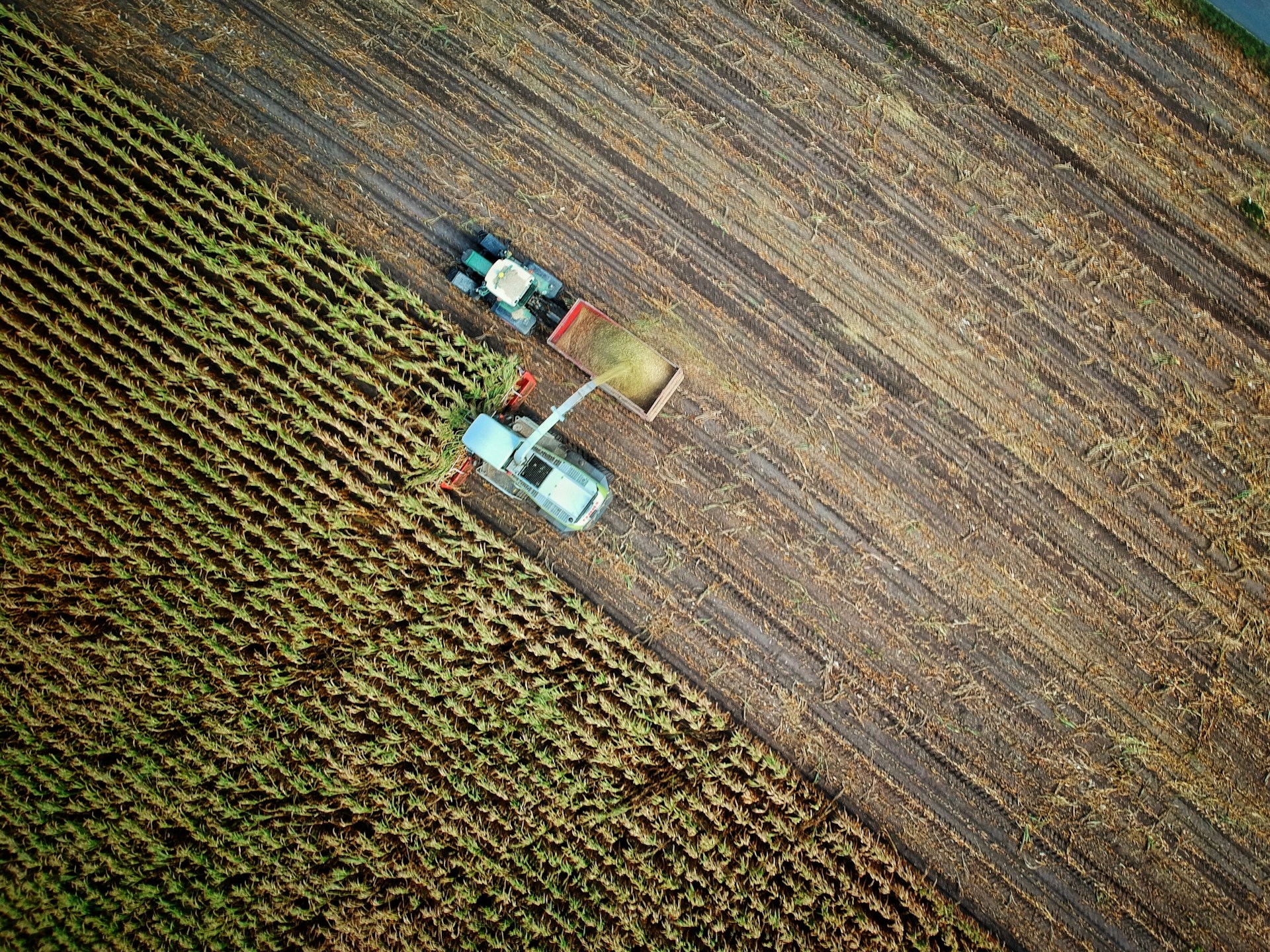Digital transformation, also known as digitization, is emerging as a crucial driver of evolution across various sectors, and agriculture is no exception.
While the agricultural sector is traditionally seen as conservative, it cannot escape the rise of Web 3.0 in our society.
Now undergoing significant change due to digital technologies, this transformation, often referred to as AgTech, brings opportunities to improve productivity, efficiency, and the sustainability of agricultural practices.
AgTech: a revolution for agriculture
Digitization of agricultural practices
AgTech, or agricultural technology, encompasses all digital innovations applied to agriculture. These include IoT sensors (Internet of Things), drones, crop management systems, and Big Data platforms. These tools enable more precise and efficient management of agricultural operations.
According to a McKinsey report, AgTech could increase global agricultural productivity by 20 to 30% by 2030. In a global agricultural context operating under tight constraints (and understaffed), the integration of new technologies and AI helps concentrate production efforts.
For example, using soil sensors to monitor moisture and nutrients allows farmers to precisely adjust irrigation and fertilization, thus reducing costs and environmental impacts.
Olivier Barachet, Practice Director at NAOS International, highlights: “The digital transformation of agriculture significantly improves the efficiency of agricultural operations. Through AgTech tools, farmers can optimize their yields while minimizing the environmental impact of their practices.”
Innovative solutions and start-up projects
In France, start-ups like “La Ferme Digitale” play a key role in this transformation. La Ferme Digitale supports farmers in digitizing their activities by offering tailored solutions such as crop management software, soil condition monitoring tools, and weather forecasting applications.
The association, founded by five start-ups with the goal of promoting innovation and digital technology for efficient agriculture, developed an integrated platform that allows farmers to monitor the health of their crops in real-time and plan interventions optimally.
This approach promotes better resource management and a reduction in inputs.
Olivier Barachet adds: “We can be proud, as France is not lagging behind in innovation. Numerous start-ups are adding real value by facilitating the adoption of digital technologies in the agricultural sector. They play a crucial role in guiding farmers towards a more modern, sustainable, and environmentally friendly agriculture.”
Digitalization: An asset for suppliers too
Digital transformation is not only beneficial for farmers; it also represents an opportunity for technology suppliers.
Companies providing AgTech solutions can see their market expand as demand for these technologies increases.
Indeed, suppliers that develop customized solutions to meet the specific needs of agricultural operations create partnerships with producers for technology integration, thus offering maintenance and technical support services.
This creates a win-win relationship where the growth of agricultural technologies in turn drives the economic development of the sector.
Environmental challenges of digital transformation
Reducing carbon footprint and managing resources
One of the major challenges of digital transformation in agriculture is reducing the carbon footprint. According to INSEE, agriculture accounts for about 20% of greenhouse gas emissions in France. AgTech helps optimize the use of resources such as water and fertilizers, contributing to reduced environmental impacts.
Irrigation management systems based on sensors can reduce water consumption by 30% while maintaining yields. Similarly, precision technologies help reduce CO2 emissions by adjusting the amounts of fertilizers applied and reducing the frequency of machinery passes in the fields.
Olivier Barachet comments: “Digital technologies play a crucial role in the sustainable management of natural resources. By optimizing agricultural practices, they contribute to a significant reduction in environmental impacts, which is essential in the current context of ecological transition. In today’s challenging environment, marked by various geopolitical conflicts disrupting markets, it is crucial for decision-makers to turn to these responsible solutions, which are, in any case, expanding on a state level.”
Let’s take, for example, the France 2030 project, which planned in August 2021 to allocate €3 billion to agriculture under the “French AgriTech” initiative.
These substantial financial efforts are intended to structure collective efforts, foster the growth and strengthening of innovative players, and deploy their solutions to farmers.
Preservation of biodiversity and soil
Digitalization also contributes to the preservation of biodiversity and soil.
It’s no secret that intensive agricultural practices have a negative impact on ecosystems and soil quality. However, digital tools allow for the implementation of more environmentally friendly farming practices.
Soil monitoring systems can help prevent the overexploitation of land and promote sustainable farming techniques. The collected data helps plan crop rotations and fallow periods, thereby contributing to the natural regeneration of soils.
Finally, to support this sector transformation, recruiting experts and leaders is a major challenge. To meet this challenge, identifying talent as early as graduation is necessary to address the shortage of skilled labor. Decision-makers must also adjust their operational and strategic vision of the sector in terms of ethics, compliance with HR processes, and a comprehensive view of the market.
Olivier Barachet concludes: “The digitalization of agriculture is a major opportunity to transform the sector, not only in terms of productivity but also in terms of sustainability. Sector players must seize this opportunity to adopt smarter and more ecological practices while supporting innovation and economic growth.”
